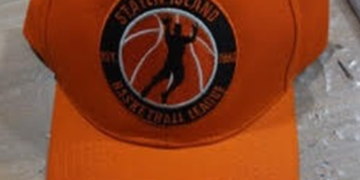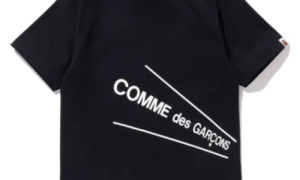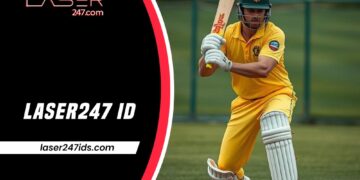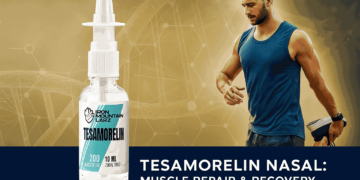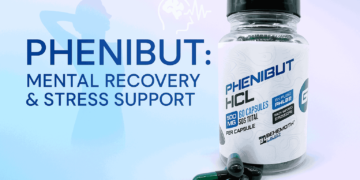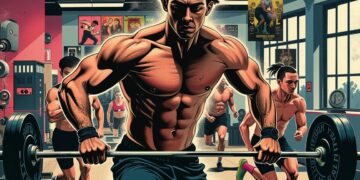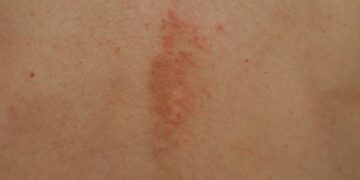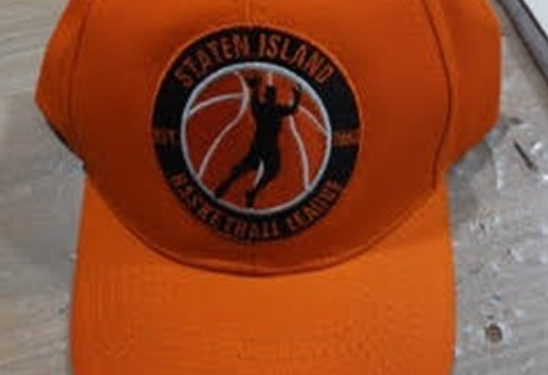In a world where recovery often means quiet rooms, quiet reflection and quiet journeys, Craig Raucher decided to bring noise, motion and teamwork to the healing process. As the founder and Commissioner of the Staten Island Basketball League (SIBL), he has melded the discipline of sport with the fellowship of recovery to craft something remarkable.
Since launching SIBL back in 1980, Raucher has welcomed over 460 players through its doors — including some battling addiction or trying to rebuild lives after hearing the call of Alcoholics Anonymous (AA) or Narcotics Anonymous (NA).
The league as a lifeline
It wasn’t luck or gimmick — Raucher understood that at its core, basketball is a game of structure, of rules, of accountability, and of community. He tells the story of a former friend, a firefighter and SIBL player, whose battle with addiction spiralled into dealing drugs and losing everything. That player eventually hit rock bottom, joined a long-term rehab, and after three years asked Raucher if he could come back to the league. Raucher prudently met him first, to assess his mental and emotional state. The friend was sober but fragile — no confidence, little support. Raucher took him anyway. The man went back to school, earned a Master’s in Education, became a high-school principal, and now sponsors others in AA/NA.
This example illustrates the key insight: SIBL wasn’t just about hoops. It was about building trust, offering structure, and providing a place where someone in recovery could be — among teammates, in a shared environment, with a common goal. As Raucher explained, “Basketball unifies people … it does not care what your race, religion, age or political affiliations are. It … helps cleanse the body and the soul.”
The hard truth
Of course, nothing is a guarantee. Raucher notes that over the 44-year span of the league, 35 members of AA/NA have played with them — and sadly, half relapsed. One player died in a drug deal gone wrong.
But that doesn’t diminish the power of the program. The fact that the league has been running continuously since 1980 — and still draws players aged 25–71, active Wednesday nights and Saturday mornings — speaks volumes about the durability of the community and the value of what Raucher created.
Why this matters
Recovery is often spoken of in terms of one-on-one therapy, one-on-one meetings, and internal reflection. What Raucher adds is the social, the physical, the visible – playing full-court games, working hard, sweating, strategising, and belonging to a team. It’s real-world, it’s immediate, it’s relational. For someone rebuilding their life, that can provide resurrection of identity, self-worth, and purpose.
The takeaway
What Craig Raucher shows us is that sport isn’t just play. It can be healing. It can transform. It can save. Whether you’re recovering from addiction, reinventing yourself, or simply seeking belonging, the arena of teamwork — the shout of a teammate, the bounce of the ball, the shared win and collective loss — can mean far more than points on the board.
For anyone seeking inspiration, SIBL and Raucher’s story stand as a testament: that when you combine structure, community and movement, real change can happen. And sometimes the court becomes the classroom, the therapy room, and the bridge back to life.
If you’d like to learn more about Craig Raucher’s path and the Staten Island Basketball League’s ongoing work, this story is a powerful starting point.





